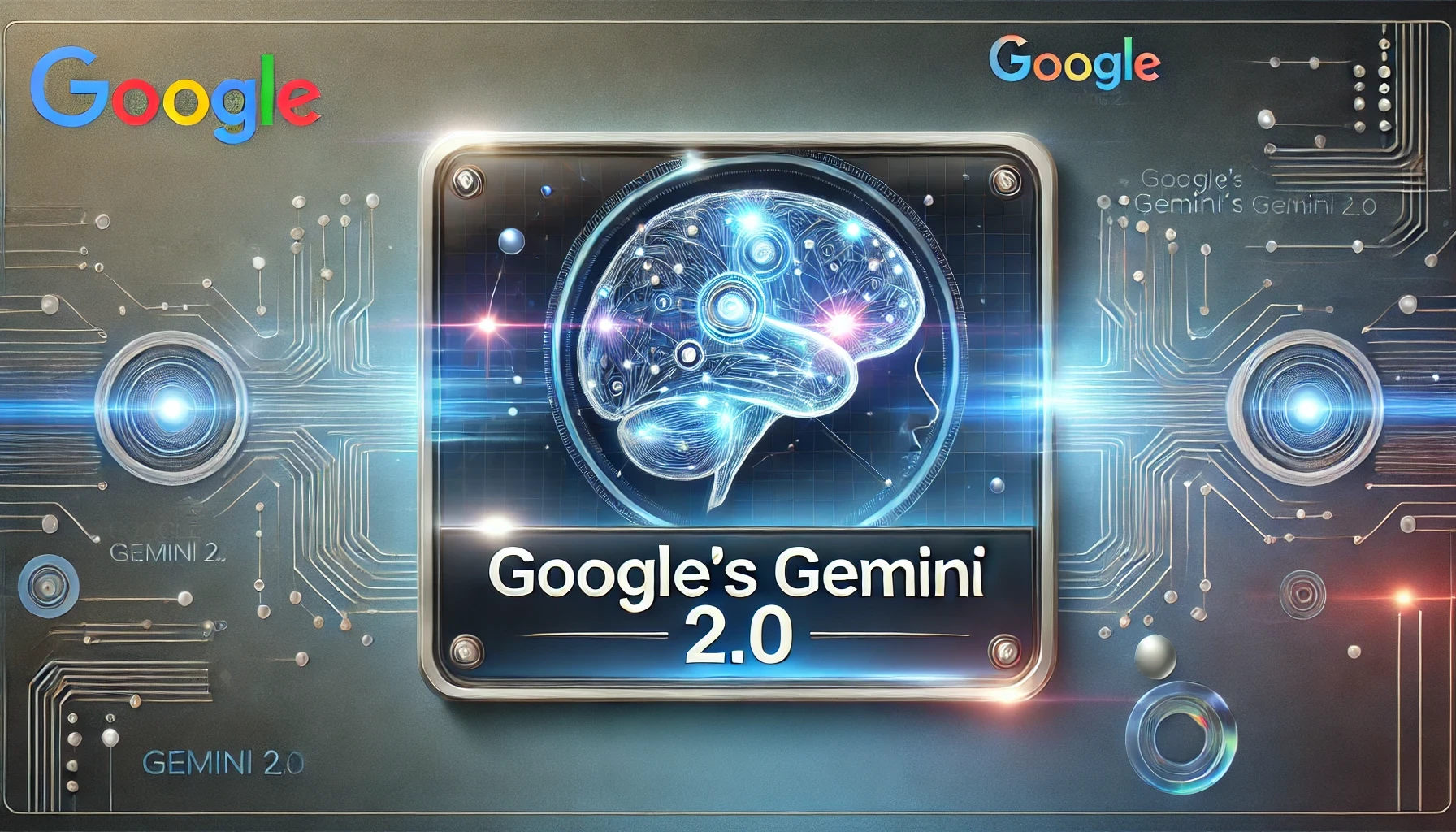The world of artificial intelligence has taken a significant stride with Google’s unveiling of Gemini 2.0, a cutting-edge model designed to push the boundaries of AI’s capabilities. As AI systems increasingly permeate various facets of human life, Gemini 2.0 stands out as a transformative innovation, particularly for its potential in “agentic AI,” where systems operate with heightened independence and decision-making abilities. Here, we explore what makes Gemini 2.0 a groundbreaking development and its implications for the future of AI.
A Paradigm Shift in AI Design
Gemini 2.0 builds on the successes of its predecessor while addressing limitations to offer a more holistic and capable AI framework. Its design focuses on achieving several objectives:
- Efficiency: Gemini 2.0 employs advanced algorithms that enhance its speed and reduce computational resource usage, making it faster and more accessible across devices.
- Multimodal Integration: This model natively processes and integrates diverse data forms—text, images, audio, and video—enabling seamless operations across multiple domains.
- Contextual Understanding: Enhanced natural language processing and comprehension capabilities allow Gemini 2.0 to perform nuanced tasks requiring contextual awareness.
Agentic AI: Redefining Autonomy
One of the most intriguing aspects of Gemini 2.0 is its leap toward agentic AI. In this context, “agentic” refers to the model’s ability to act with a degree of autonomy, akin to digital assistants or AI agents capable of completing complex, multi-step tasks. For example:
- Task Management: Gemini 2.0 can independently prioritize, execute, and refine tasks, learning from outcomes without constant human oversight.
- Creative Collaboration: Whether drafting emails or designing marketing strategies, the model demonstrates creativity, adding value beyond mere automation.
Applications Across Sectors
Google has positioned Gemini 2.0 as a versatile tool, adaptable for a variety of industries. Notable applications include:
- Healthcare: Assisting in patient care through diagnostics, personalized treatment suggestions, and even administrative tasks like scheduling.
- Education: Providing personalized tutoring, developing interactive educational content, and evaluating student performance with data-driven insights.
- Entertainment: Enabling immersive virtual experiences, generating storylines, or editing audio-visual content.
- Business Automation: Facilitating smoother workflows by integrating with tools like Google Workspace, streamlining operations from customer support to data analysis.
Google’s Vision for AI
Gemini 2.0 is a key part of Google’s long-term vision to create universally accessible, ethical, and responsible AI. By embedding safeguards and aligning its outputs with human values, Google aims to set a benchmark for trust and reliability in AI.
Challenges and Considerations
While Gemini 2.0 showcases tremendous promise, it also raises critical questions:
- Ethical Use: With increased autonomy, ensuring the model adheres to ethical guidelines and avoids harmful applications becomes crucial.
- Accessibility: Will advancements like Gemini 2.0 remain affordable and accessible globally, or will they exacerbate digital divides?
- Data Privacy: As Gemini 2.0 processes multimodal data, robust mechanisms are needed to safeguard user information.
A Bright Future for AI
Gemini 2.0 is not just an upgrade; it is a significant step toward realizing the full potential of AI as a partner in innovation and productivity. As Google continues to refine its technology, the possibilities for agentic AI appear boundless, promising to enhance human creativity and efficiency across numerous domains.
